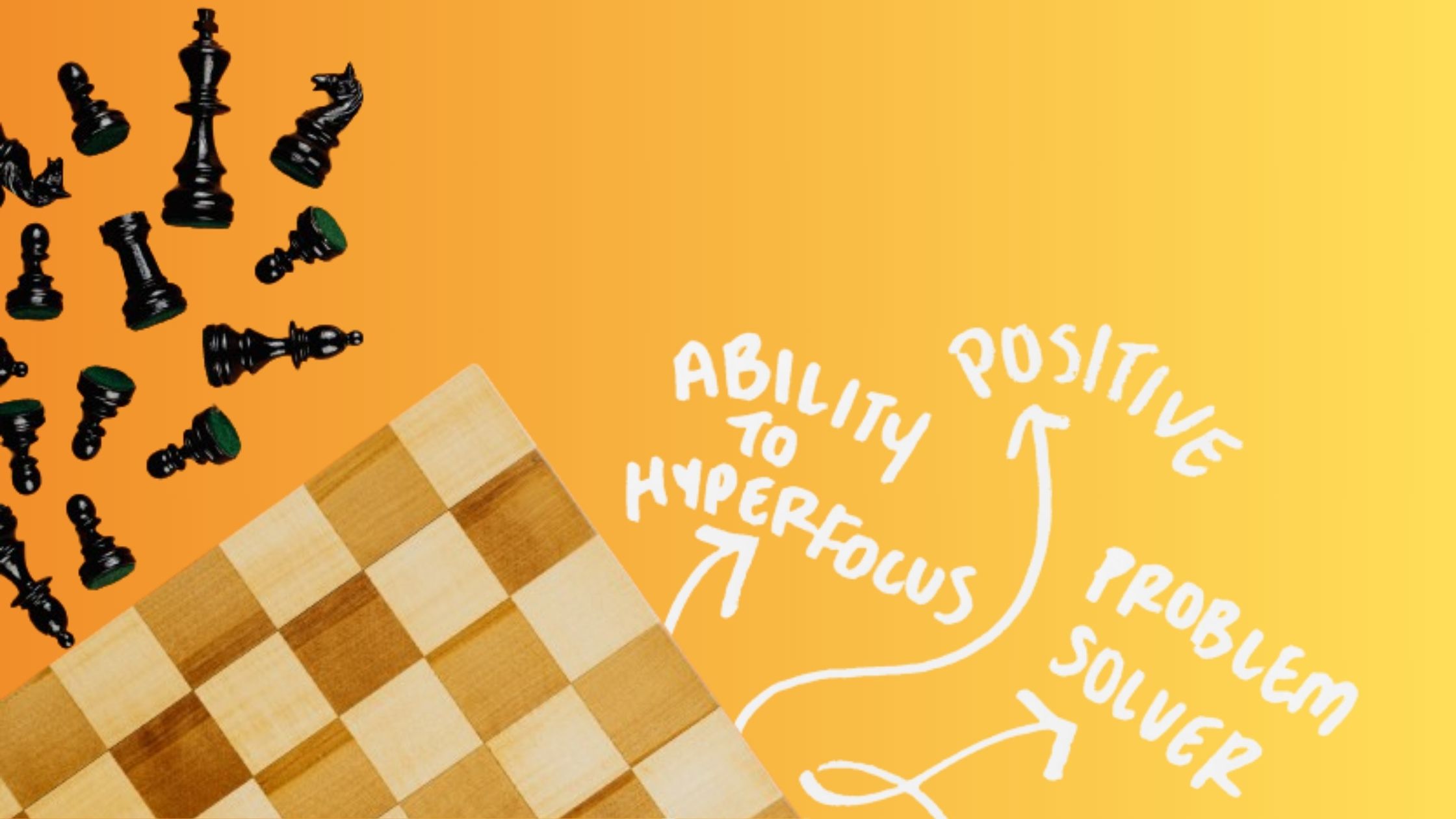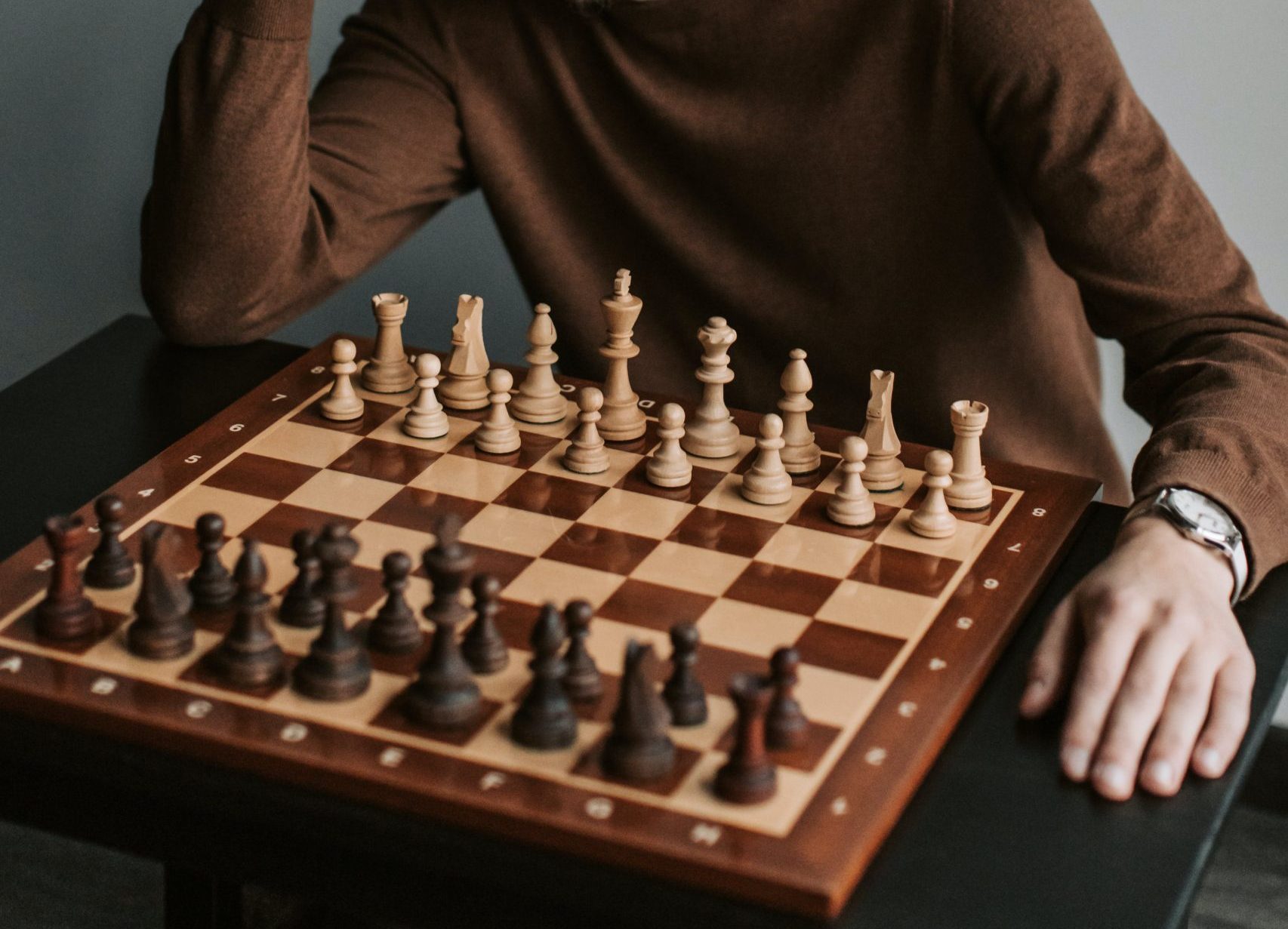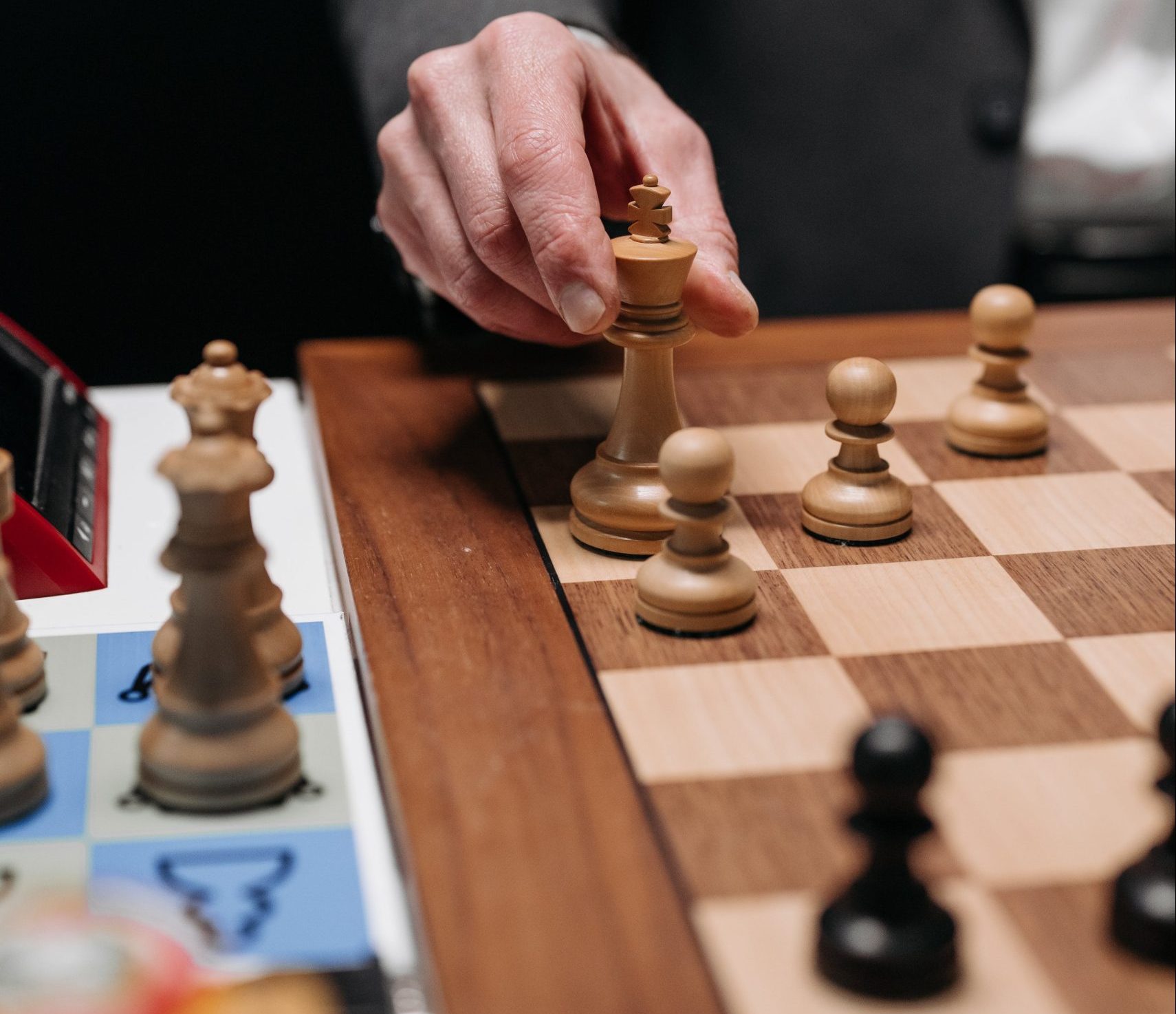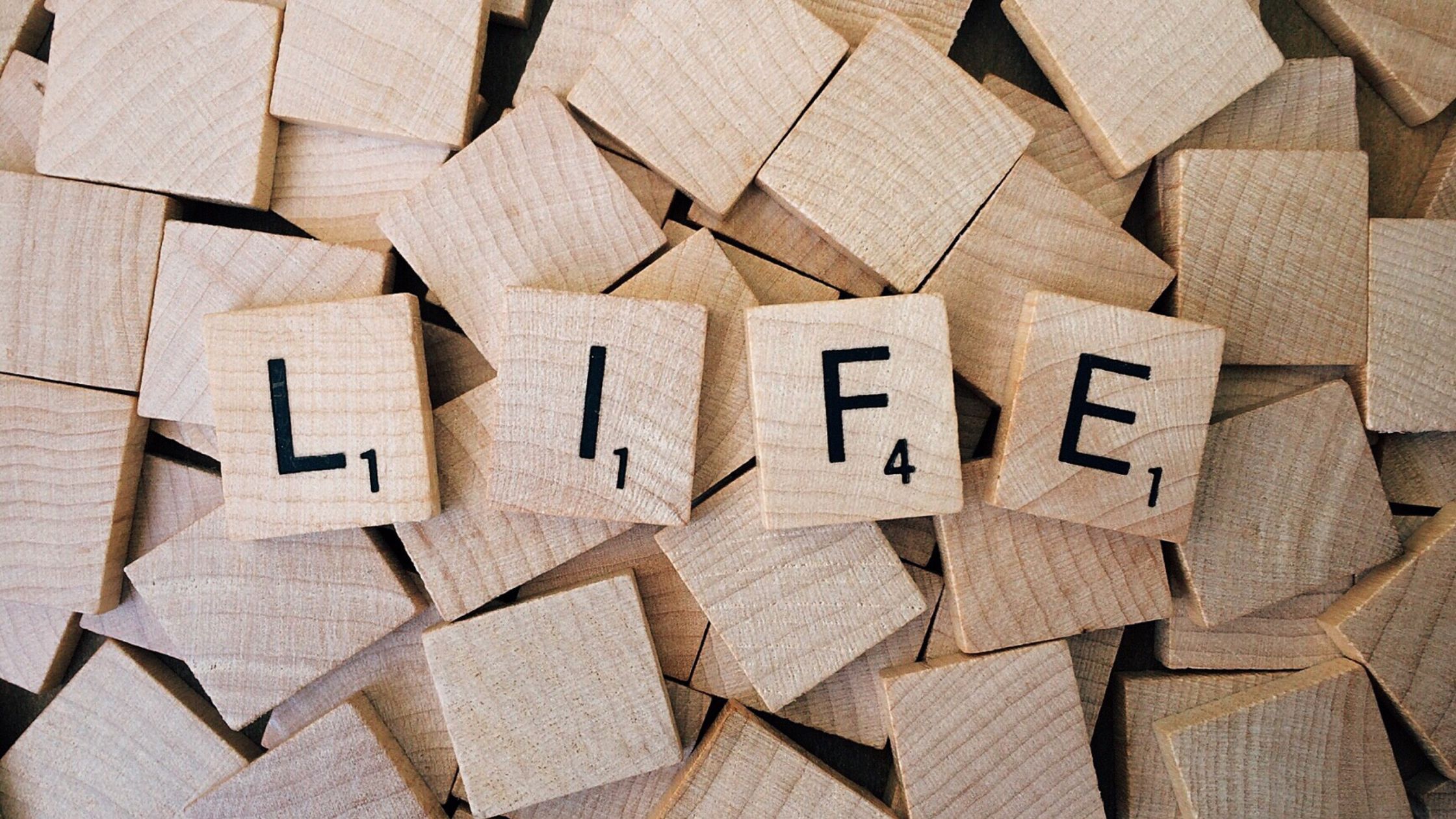
This might seem out of the ordinary from the fitness perspective of things here, but mental fitness is just as important as physical fitness. A healthy mind results in a healthier body. There is way more that you can do for your mental health apart from prescriptions. Playing chess is the least expensive form of therapy and exercise for your brain. Now, let’s get the 5 major benefits of playing chess backed by science.

1 Playing Chess Improves Cognitive Awareness
One of the most positive effects of playing chess on your brain, if not the best, is cognitive awareness. What do we mean by that?
- Being calm and collected
- What to do when put in a tough situation and make the best of it
- Being able to read others through their moves
- Lastly, and more importantly, Planning ahead rather than just being on the defensive
Playing chess allows you to be aware of what to do when put in a situation, how to make the best of it, being able to read others and how they would act when placed in a given situation and how to plan ahead, not just act based on what your competitor does. The game itself focuses on 4 major aspects of life. The more you play it and get better, the more you prepare your brain for different scenarios that might present themselves to you in reality.

2 Chess therapy as a psychotherapy
Therapy is at an all-time high in this day and age. There is nothing wrong with getting therapy when your mental health is at risk. However, what does a therapist do? They talk to you about your problems. They don’t solve it for you. You do that on your own, they help guide you by placing you through scenarios and in some cases being an ear to your problems.
Chess therapy is a form of psychotherapy where therapists play chess with their patients to find out how their patients would:
- Their personality
- Their demeanor when not in a pleasant position
- Their response when faced with constant challenges during a match.
- Their approach to solving the predicament they are facing
Chess therapy allows the therapist and patient to connect. It requires both parties to participate to be able to play. The patient now acts instead of conveying their feelings. This allows the therapist to access the patient’s personality, demeanor, response and approach when they are placed in a challenging position.
These are major things when it comes to reading a patient. What kind of personality they might have and how stress can affect it. How they behave and respond when they are under stress. How they act when they are constantly having to get out of a complicated situation (this can be either being checked constantly or losing a chess piece or multiple through a mistake they might have made, or a move made by the competitor they might have overlooked.)
3 Prevents Dementia, Improves Memory & Planning skills
One of the most prominent and most noticeable benefits of playing chess is an improved memory and better planning skills. You need to remember each and every move you and your opponent made. You need to be able to anticipate what they will do and act accordingly to counter them. That’s a crucial part of being a good chess player. This improves your planning skills.
There is not much you do when it comes to exercising your brain. Since you cannot physically train it. Anticipating your opponents move based on both their current and previous moves. Recalling previous matches where you might have faced a similar situation not only makes you a better chess player but significantly increases your memory by effectively allowing you to exercise your brain. There is also research done on the positive effects of chess on prevention of dementia. (1).
Chess has about 6,000 possible moves that you can do. This should show you the scale of anticipation that experienced players are making and how their memory must be. This is all because of experiences with players, books they have read and recall when in the same situation on the board. Learning various play styles and their counters. Even losing is a lesson learned that allows you to get better.

4 Chess improves your flow state
A flow state is when a person is completely able to focus on the task at hand without deviating from it. Not only that, they are so focused that they do not doubt themselves or if they can do it. All they are thinking about is the task at hand. That is exactly what chess does for you.
You do not think about anything else but the board, the move to make or how to make the best out of a tough position. Nothing else bothers you. Whether you are capable of doing it or not is not even a thought. This is an excellent skill to hone and chess allows you to do it every single time you play.
Experienced players can often be seen entirely focused to the point of not even hearing others. That’s the level of concentration playing chess can help you develop. Especially when it comes to work or anything in general, where you just do not want the background noise and focus on the task at hand.
5 Similarities Between Life & Chess
Life is like chess in this way. You do not know what people are planning, whether it is at work, or if they are trying to sabotage you if it’s the workplace. However, this is what happens in chess constantly and being able to read the board and plan ahead and act in a calm and collected manner not only allows you to get better at chess but at life itself.
Reaction really matters. How you react to something not only effects you but how you perceive things in life as well. What’s the difference between a pessimist, an optimist and a realist? It’s their reaction to situations that develops their mindsets.
Chess is a game of pure skill. No one can luck out. Nobody gets lucky. You can only win by winning against your competitor, either by dealing with the situation better, by making better decisions or by capitalizing on a mistake (known as a “blunder move”) they made. That’s why you only get better as you progress. There is equal opportunity for everyone to win.

